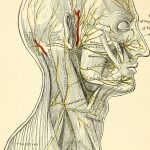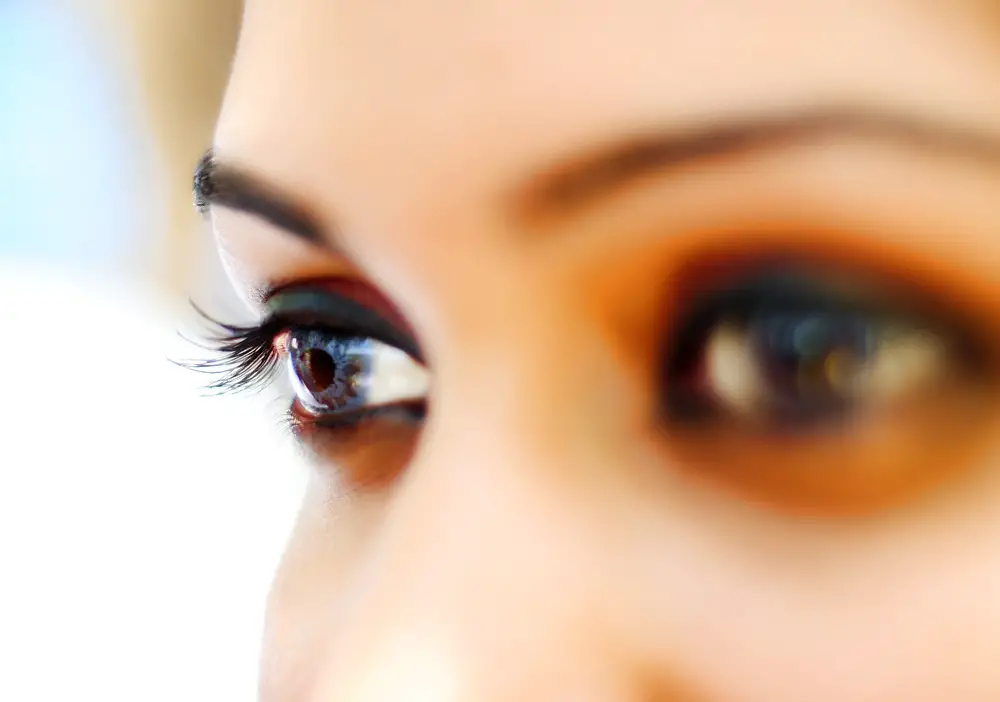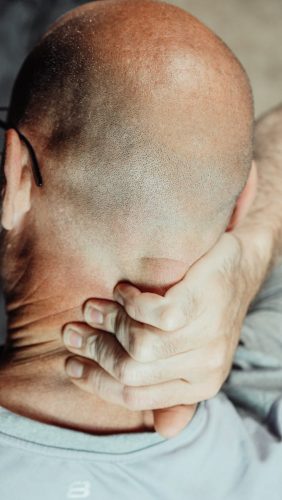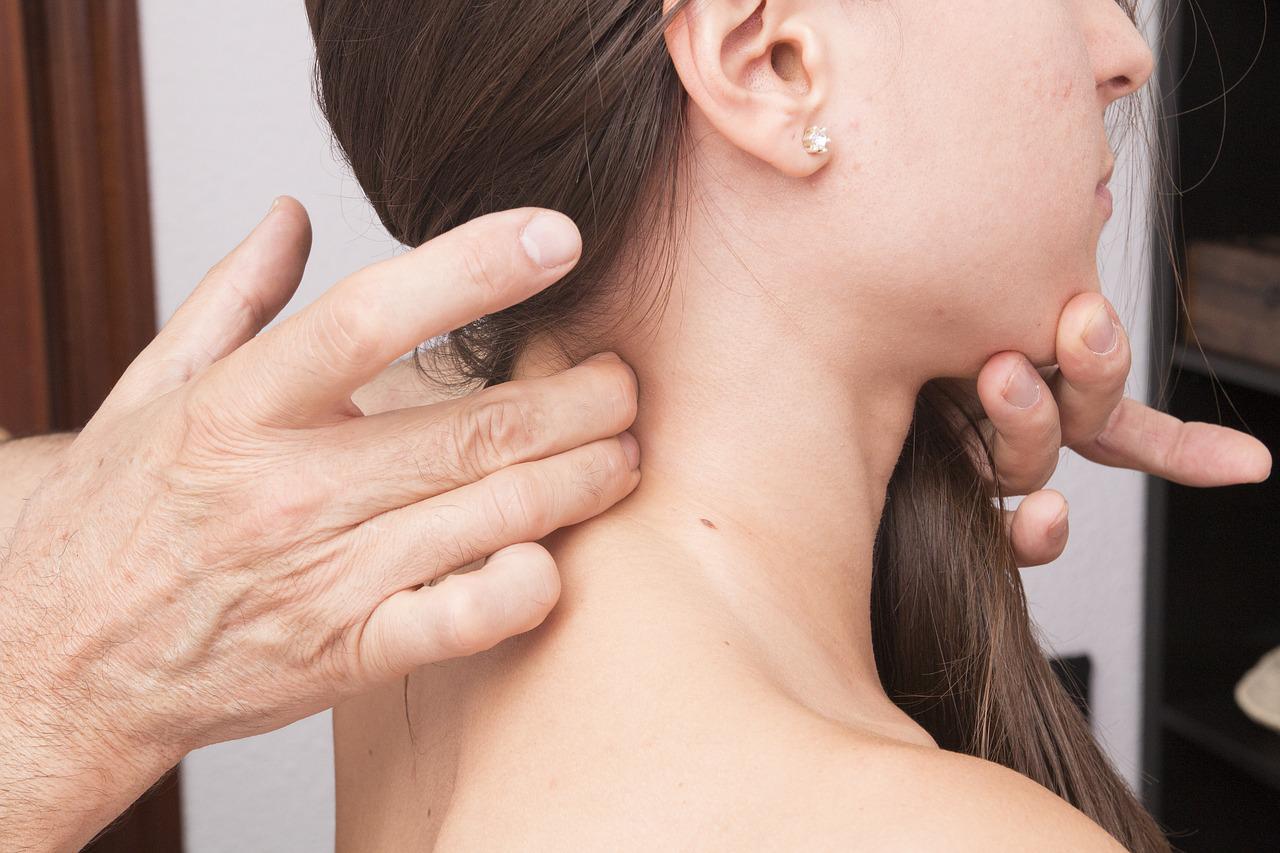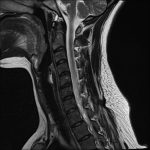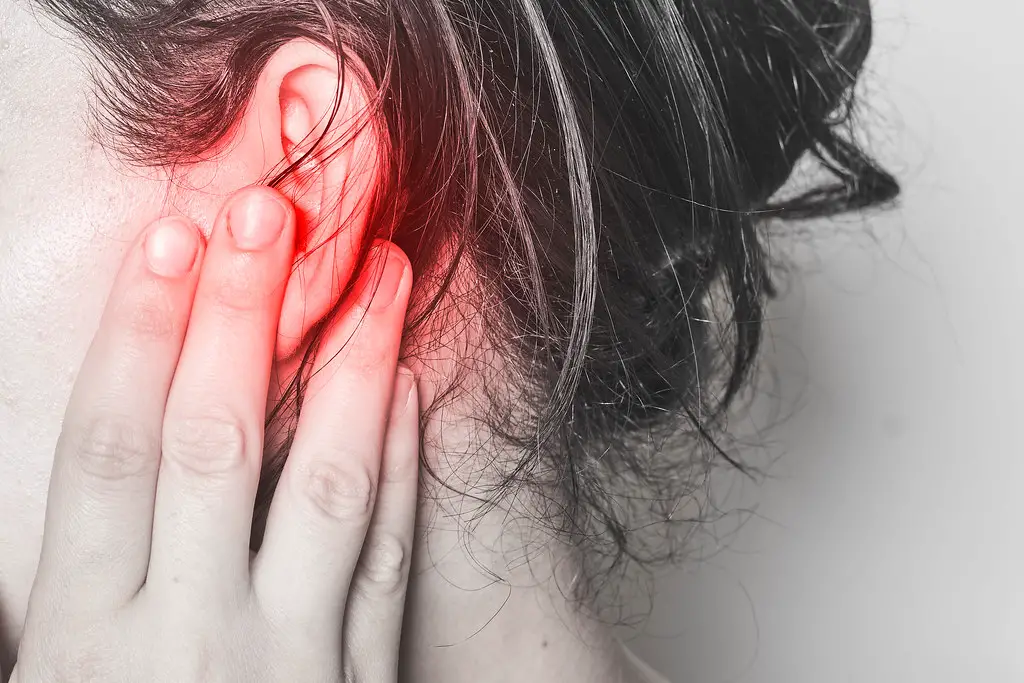A Arnold's neuralgia is linked to a condition Arnold's nerve. It can be compression, inflammation or irritation. The cause can usually come from external factors such as trauma or false movement of the head and neck. Is Arnold's neuralgia directly or indirectly related to alcohol? We will talk about it in this article.
A few words on Arnold's nerve
Arnold's Nerve Anatomy
Arnold's nerve was first identified by German anatomist Friedrich Arnold. This nerve originates from the posterior branch of the second cervical nerve root. Anatomically, its origin lies between the first two vertebrae cervical: the Atlas and the Axis.
The nerve then runs to the top of the skull. During its journey, it gives up motor branches at the level of three different muscles: the inferior oblique muscle, the superior oblique muscle and the rectus capitis muscle. Arnold's nerve ensures the contraction of these three muscles. It is thus responsible for some of the main movements of the head.
The nerve ends at the scalp. This terminal branch performs a sensory role, that is to say responsible for the sensation felt in several areas, in particular at the level of the back and the top of the skull, the frontal region and the area behind the ear.
The characteristics of Arnold's nerve?
Arnold's nerve is a mixed nerve performing both a sensory and a motor role. However, this one presents rather a sensory predominance. There are two Arnold's nerves which originate at the base of the skull and run to either side of the head respectively.
Arnold's neuralgia is characterized by severe chronic pain that is localized mainly in the back of the skull. This pain seems to spread all over the path of the nerve: the top of the skull and the frontal area. This is why certain head movements are sometimes impossible. Apart from the pain, the scalp also becomes hypersensitive. Since there are two Arnold's nerves, the pain and extreme tenderness are unilateral and involve only the territory of the affected nerve.
What is the link between Arnold's neuralgia and alcohol?
The main causes of Arnold's neuralgia
It is important to specify that alcohol is not the main Arnold's neuralgia etiology. The causes are multiple and remain difficult to specify. Here are the most common causes of Arnold's neuralgia:
- Dysfunction of the cervical vertebrae, more specifically of the Atlas and Axis;
- Inflammation, irritation, compression of the nerve;
- Trauma or false movement of the head;
- A cervical spondylosis just over the exit region of the nerve;
- The stress.
Drinking alcohol aggravates Arnold's neuralgia
La alcohol consumption is an aggravating factor in Arnold's nerve pain. Indeed, the nervous system is a tissue extremely sensitive to alcoholism, whether acute or chronic. The effect of alcohol on the nervous system not only wakes up a Arnoldite crisis, but it can also intensify the pain.
Apart from that, alcohol is the cause of several harmful effects on the whole organism. It causes decline in muscle function, including heart muscles. Drinking alcohol disrupts the sleep cycle by inhibiting parasympathetic activity in the brain. The person therefore tends to wake up in the second part of the night, when sleep is most restorative.
Although alcohol is known for its short-term analgesic effects, it indirectly causes pain. It slows brain activity, reduces alertness and increases the risk of accidents.
What to do then?
Conventional and alternative treatments for Arnold's neuralgia
Taking a painkiller or nonsteroidal anti-inflammatory drug can relieve pain by reducing inflammation in Arnold's nerve. If the discomfort persists, it will be necessary to resort to mesotherapy. It consists of injecting corticosteroids and anesthetic products. The gradual effects of these injections usually last between one to two weeks.
If the pain decreases, the patient is eligible to undergo minimally invasive surgery. This consists of freeing Arnold's nerve from the structures that compress it. The surgery is done under local or general anesthesia and lasts a maximum of one hour.
There are also the natural treatments to treat pain caused by Arnold's neuralgia.
- aromatherapy: it consists of using essential oils as a basis for treatments. You have several aromatic plants that you can choose according to your needs. For the case of Arnold's neuralgia, you can use essential oils with anti-inflammatory or analgesic properties.
- Phytotherapy: it consists of using medicinal plants with anti-inflammatory and pain-relieving properties to relieve nevralditis. Examples include ginger, rosemary, and turmeric.
Attention, it is necessary to respect the prescribed dosages in order to avoid side effects.
Limit alcohol consumption
It's better to reduce alcohol consumption if you suffer from Arnold's neuralgia. Indeed, alcohol accentuates pain and increases the risk of neurological damage. After a while of abstinence, you should experience symptom relief.
Consult a healthcare professional
It is important to consult a neurologist to avoid the risk of complications. The doctor will have to examine you in order to assess the stage of the pathology and explore the origin. A complete diagnosis is therefore necessary. The diagnosis is made by examination ofmedical imaging like MRI.



